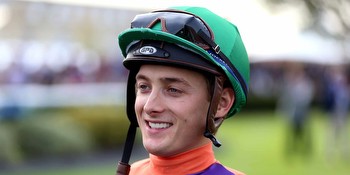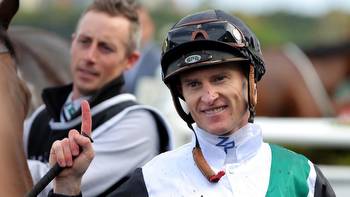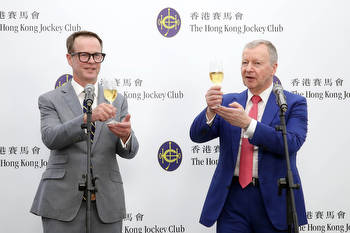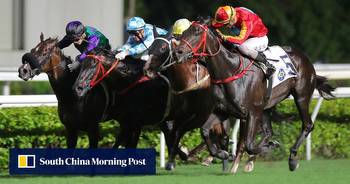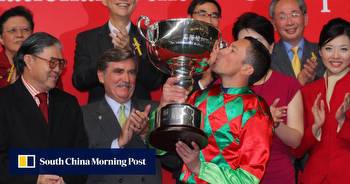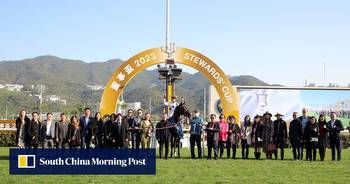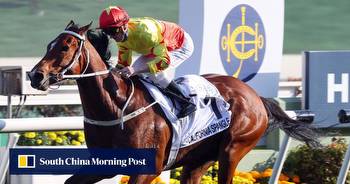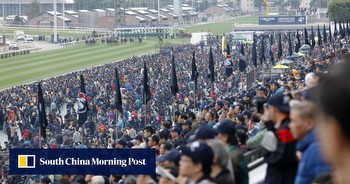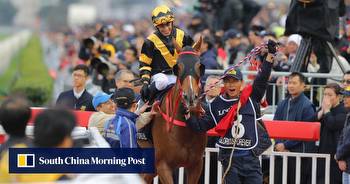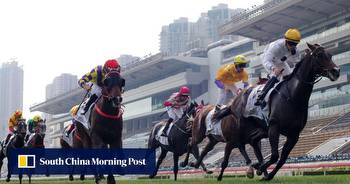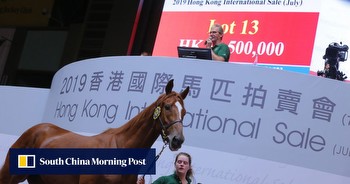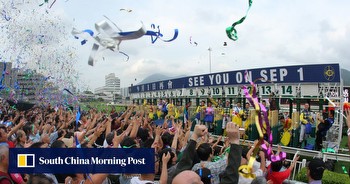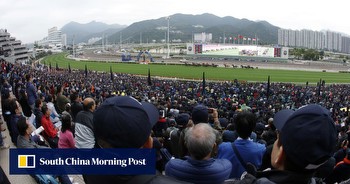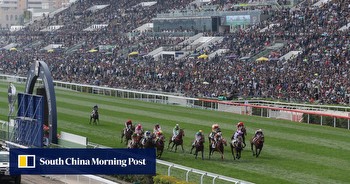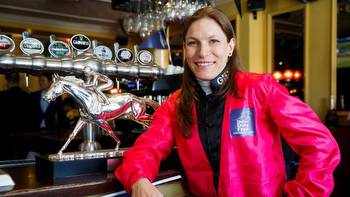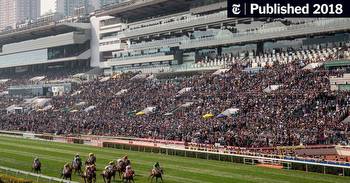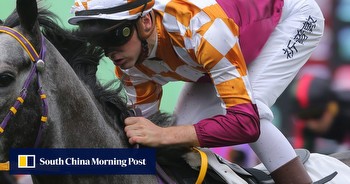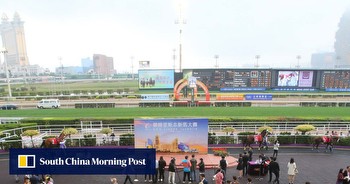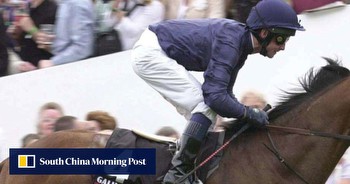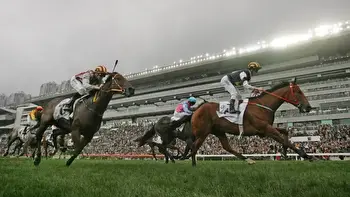Jockey Club's change in quotas for new horses is a step backwards
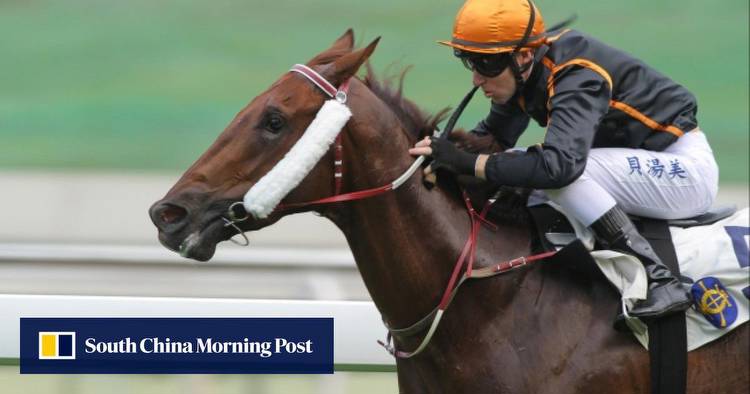
In light of what were otherwise quite routine events at the Jockey Club last week, the seventh race on Sunday gave us pause to wonder about a particular direction that is being taken.
Unless you happen to be in the ballot for a racehorse ownership permit of any kind, the results of said ballot are enough to make the eyes glaze over and might be prescribed as a cure for insomnia.
But underneath the prosaic announcements of the successful applicants last week, there were some numbers that had us scratching our heads.
After the June 2008 ballots, the Jockey Club announced names of the members who had secured permits for 80 Private Purchase (PP) horses, those with previous careers somewhere else; 200 Private Private Purchase Griffin (PPG) horses, that were unraced anywhere; and 25 Subscription Griffins. The SGs are no more but also were unraced horses.
A year later, and again the following year, the spill was 100 PPs and 220 PPGs. Yawn. You're right, but stay with us. Then someone's bright idea changed the formula and not for the better.
In 2011, there were permits for 220 PPGs again but 120 PPs, which rose to 130 the following year and now to 150. And the list for PPG permits shrank to 180 last week.
Why is this wrong? Why would anyone care? Because any increase in PP permits leads to an increase in uncompetitive runners, a step backwards for any racing jurisdiction, let alone one that prizes its place at the leading edge. It also runs contrary to certain smart owners' initiatives the club introduced at the turn of the century.
And the seventh race on Sunday was a lovely example of what happens when PPs flood the market: of 14 runners, seven were 100-1 or longer - some much longer - and all of the centurions were PPs which, for reasons of acclimatisation, fitness, unsuitability or modest talent, were not going to play a part.
Ironically, the winner was also a PP, Able Friend, but a well-prepped, talented animal from a stable capable of producing competitive debutant PPs. They are a rarity and only a handful win each season. This term, seven PPs have won their Hong Kong debut and that is a boom year. More often the score is two or three.
So we have a regular scenario that sees PPs go out at 100-1, not only on debut but for the first four or five times we see them, until they drop from Class Three to Class Four in many cases and start to be competitive.
Ninth Galaxy had eight turns as a triple-figure punching bag and there are many that run at 100-1 three, four and five times.
During this season, we have seen 761 runners at 100-1 or better, so how many were PPs? Remove the horses which have been here for more than one season and you're left with the "P" and "N" horses and then remove any international visitors which might have been at those odds.
Of the 196 "P" branded horses left - this season's imports - which ran around at 100-1 in any start, 135 were PPs. From the 322 "N" horses to run at 100-1, the percentage is lower, at 203 PPs, but still significantly higher than the horses which arrive unraced.
Previously raced horses are an important part of the scene. Many of our best have been PPs, though PPGs like Fairy King Prawn, Electronic Unicorn, Silent Witness and Ambitious Dragon etc weren't too shabby, either.
Unraced horses lacking education, health or talent are still a better deal for owners - they find their levels faster, and are usually cheaper to buy than PPs with the same issues.
And then you have replacement permits. Just over a decade ago, the club made some adjustments to rules allowing owners to replace horses and they've been tweaking them ever since. But no matter how you slice them, replacing a PPG is more satisfactory than having to replace an overpriced, under-talented PP with another of the same.
Raced horses with talent, that somebody actually wants to sell for a reasonable price? Trickier to find than Edward Snowden.
By increasing the number of PP permits, the Jockey Club is actively encouraging more uncompetitive runners in races, which should be the opposite of its intentions. With turnover rising by double digits, it's difficult to suggest to anyone at Sports Road that something is bad for turnover.
In a way, it's right - as long as Hong Kong is bordering China and money of whatever colour keeps leaking in ever larger droplets across the border, we are not expecting turnover to drop again. Ever. But that doesn't mean a policy should be acceptable simply because its obvious and negative effects will be masked at the bottom line.

